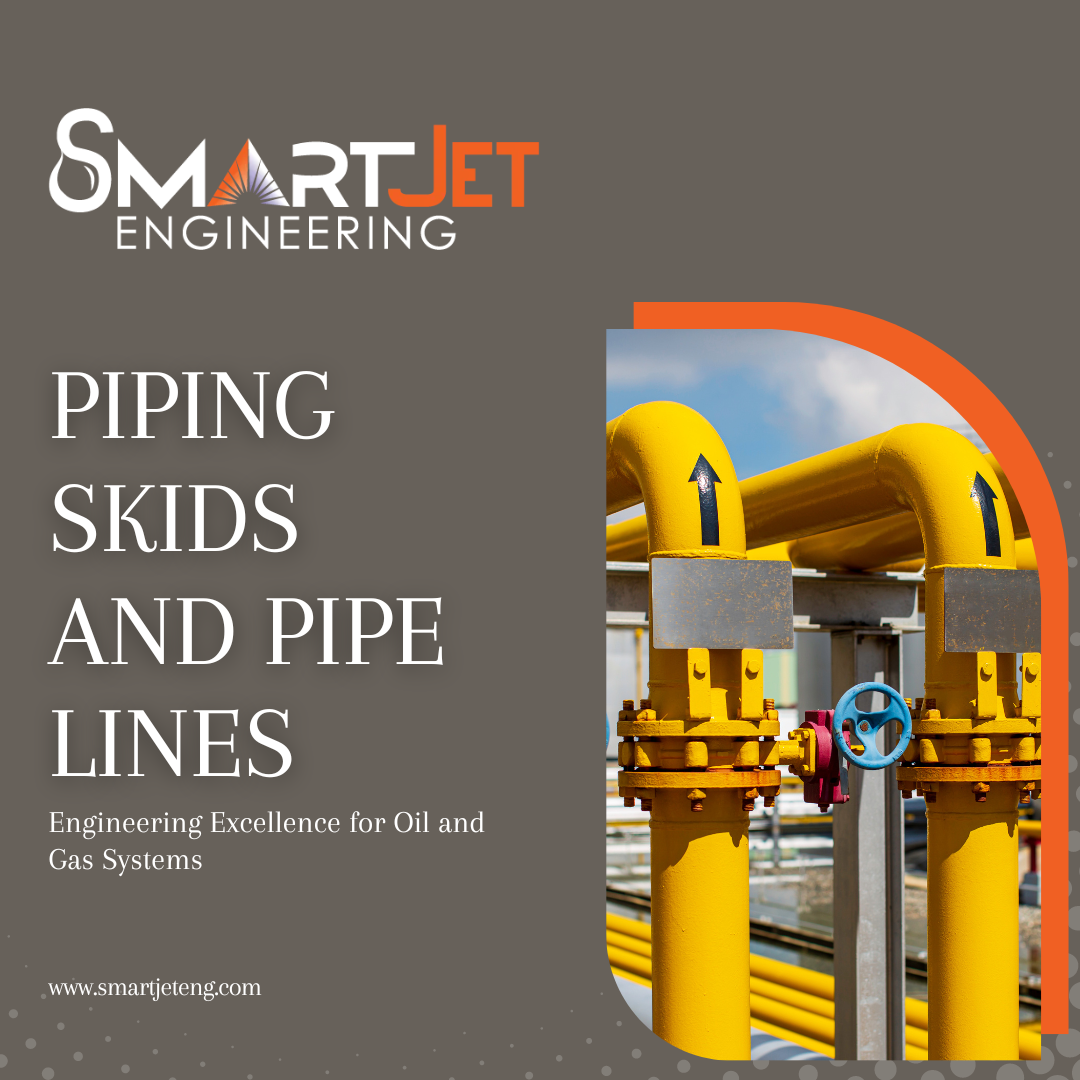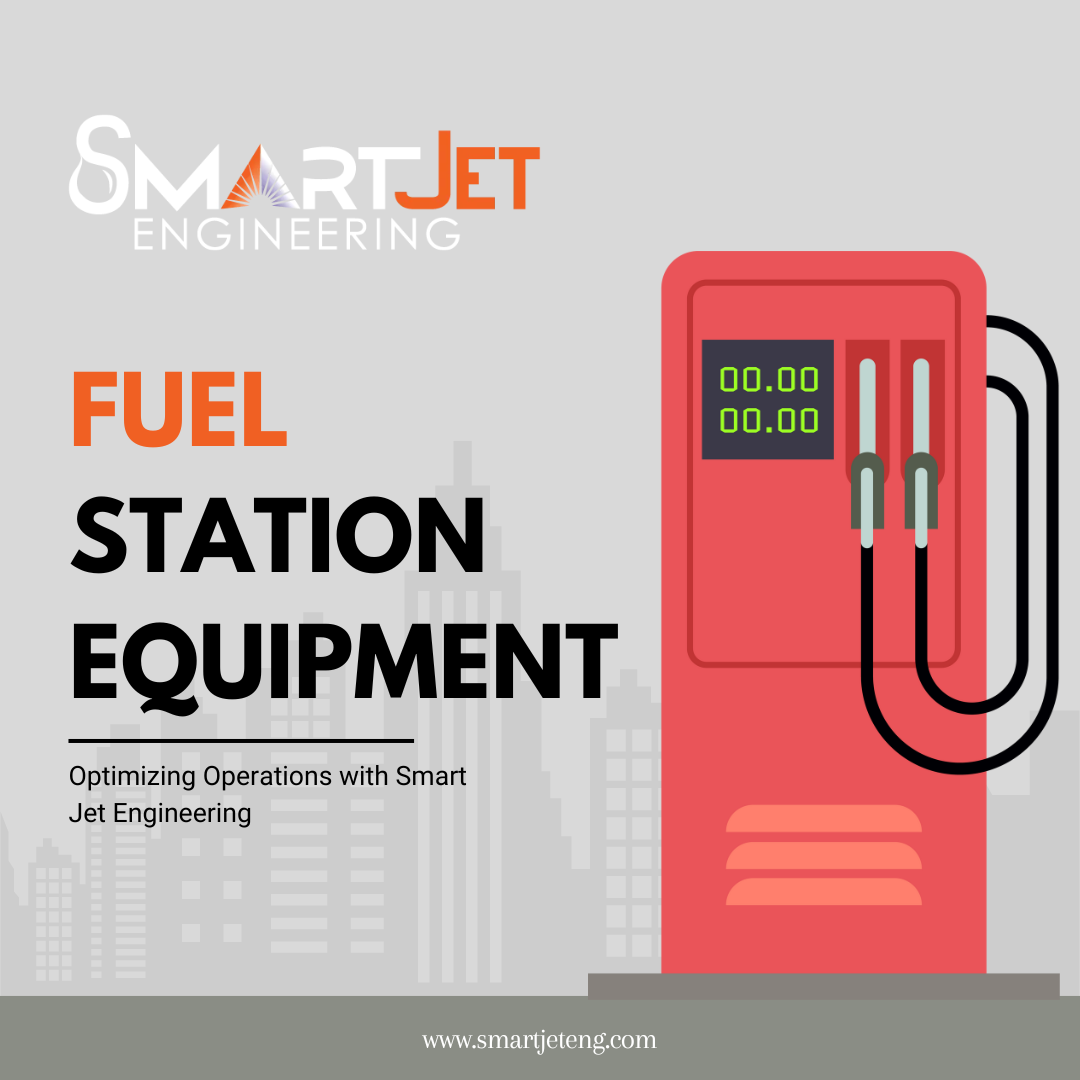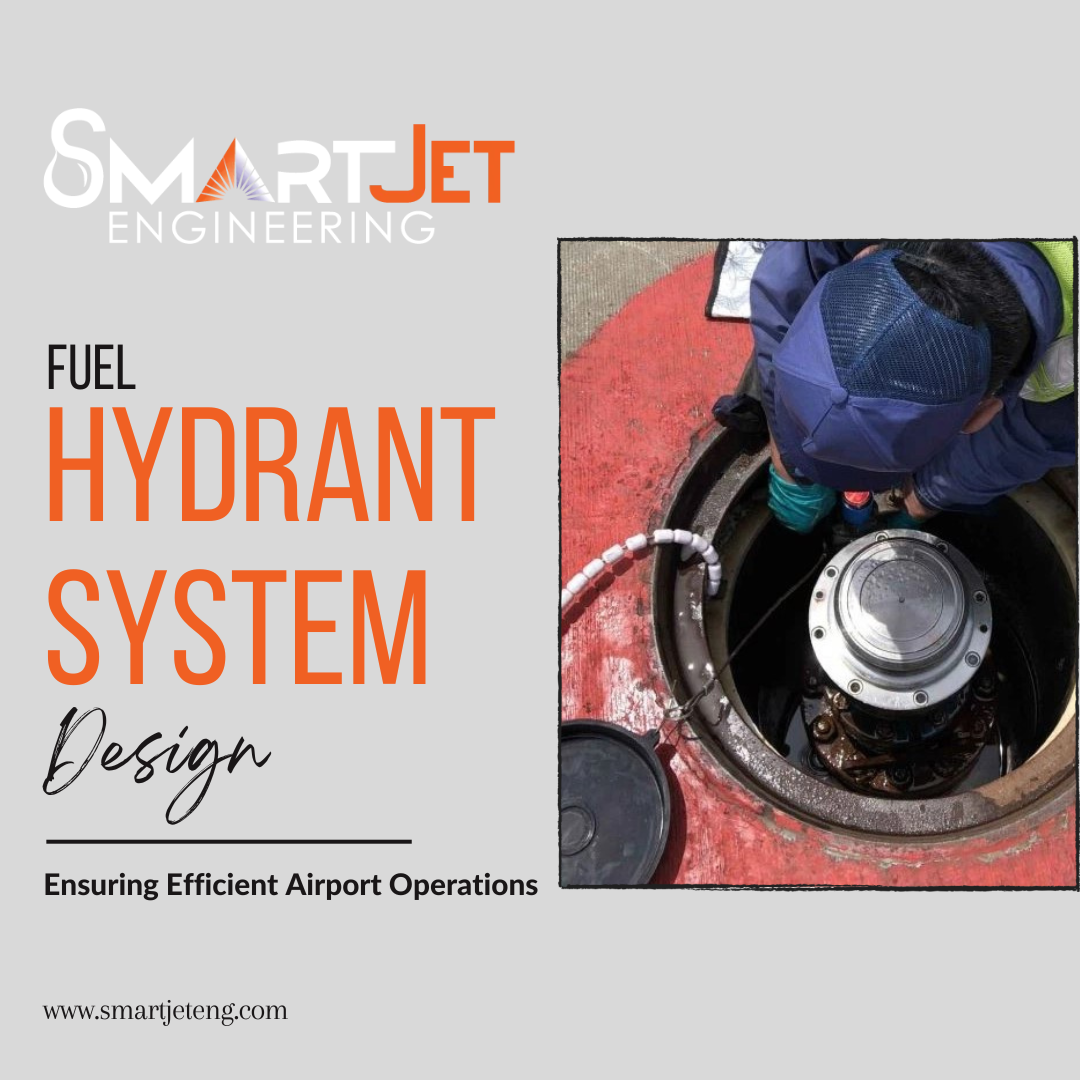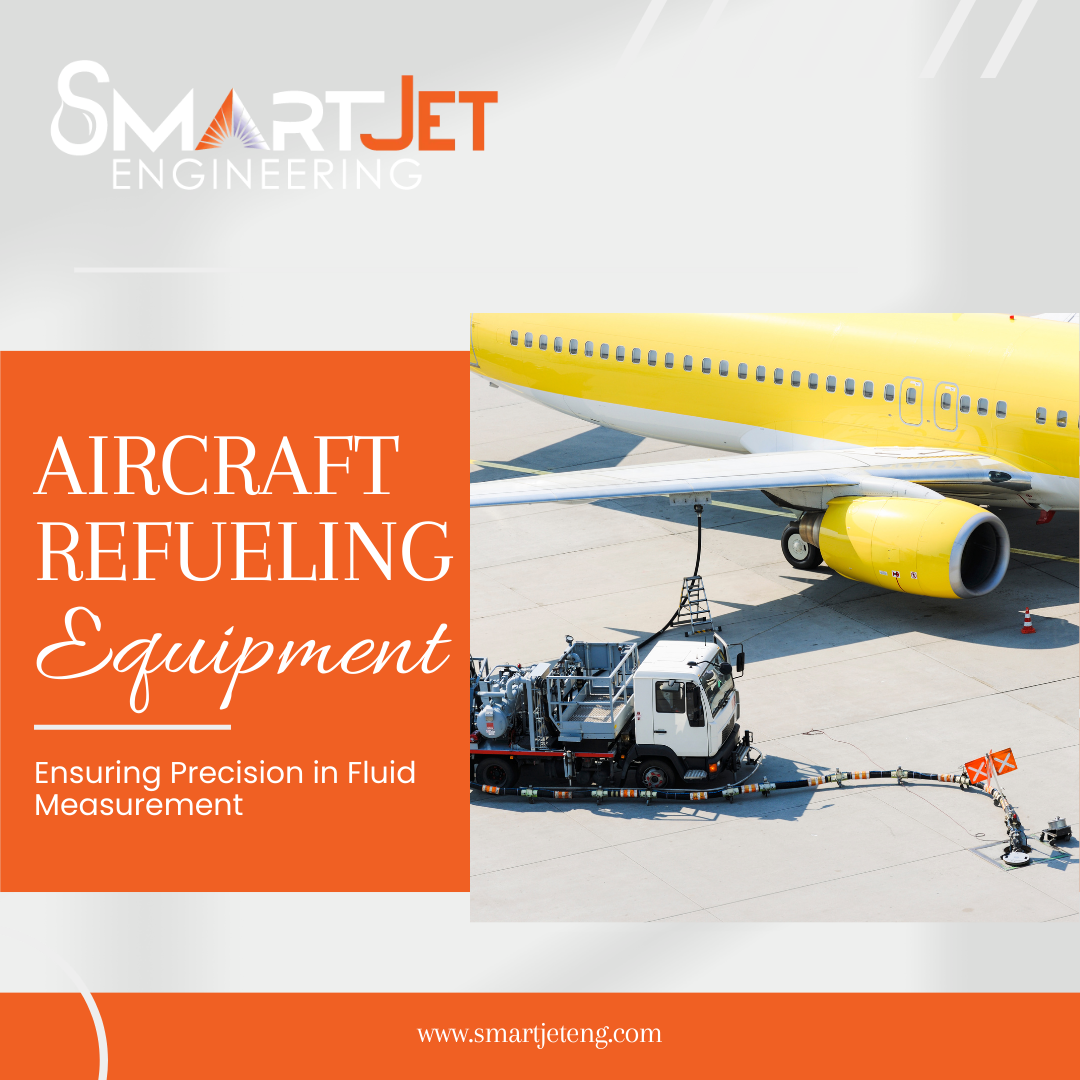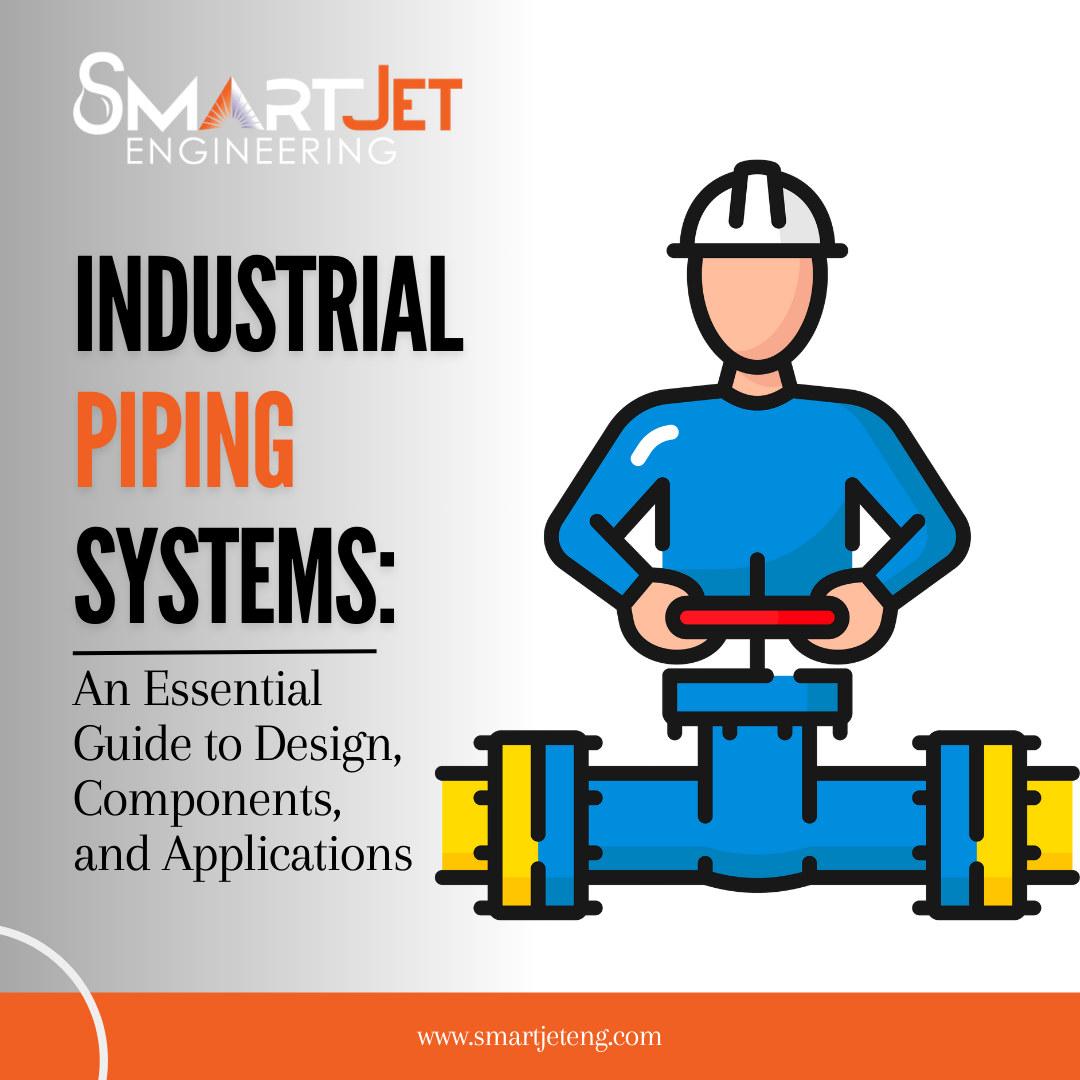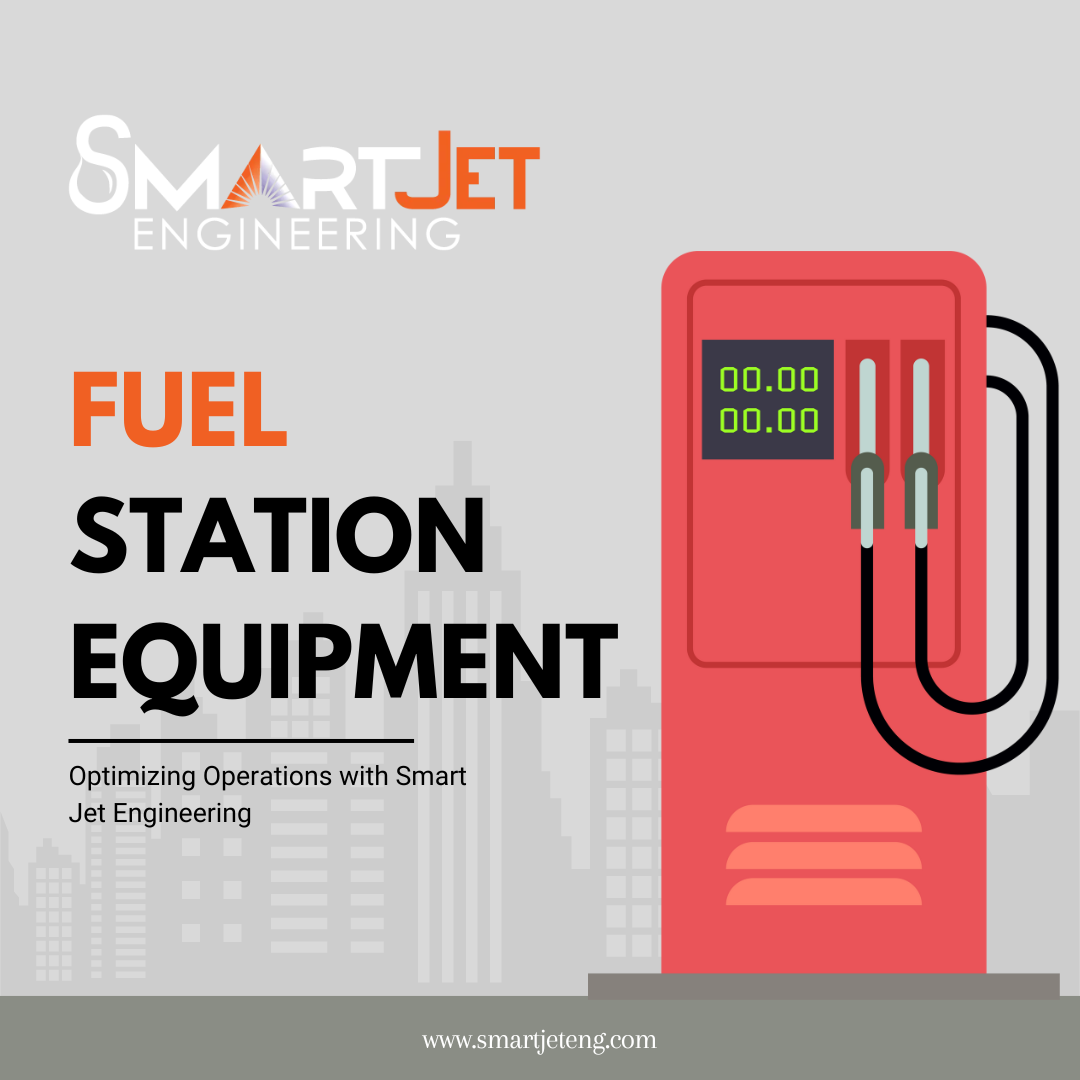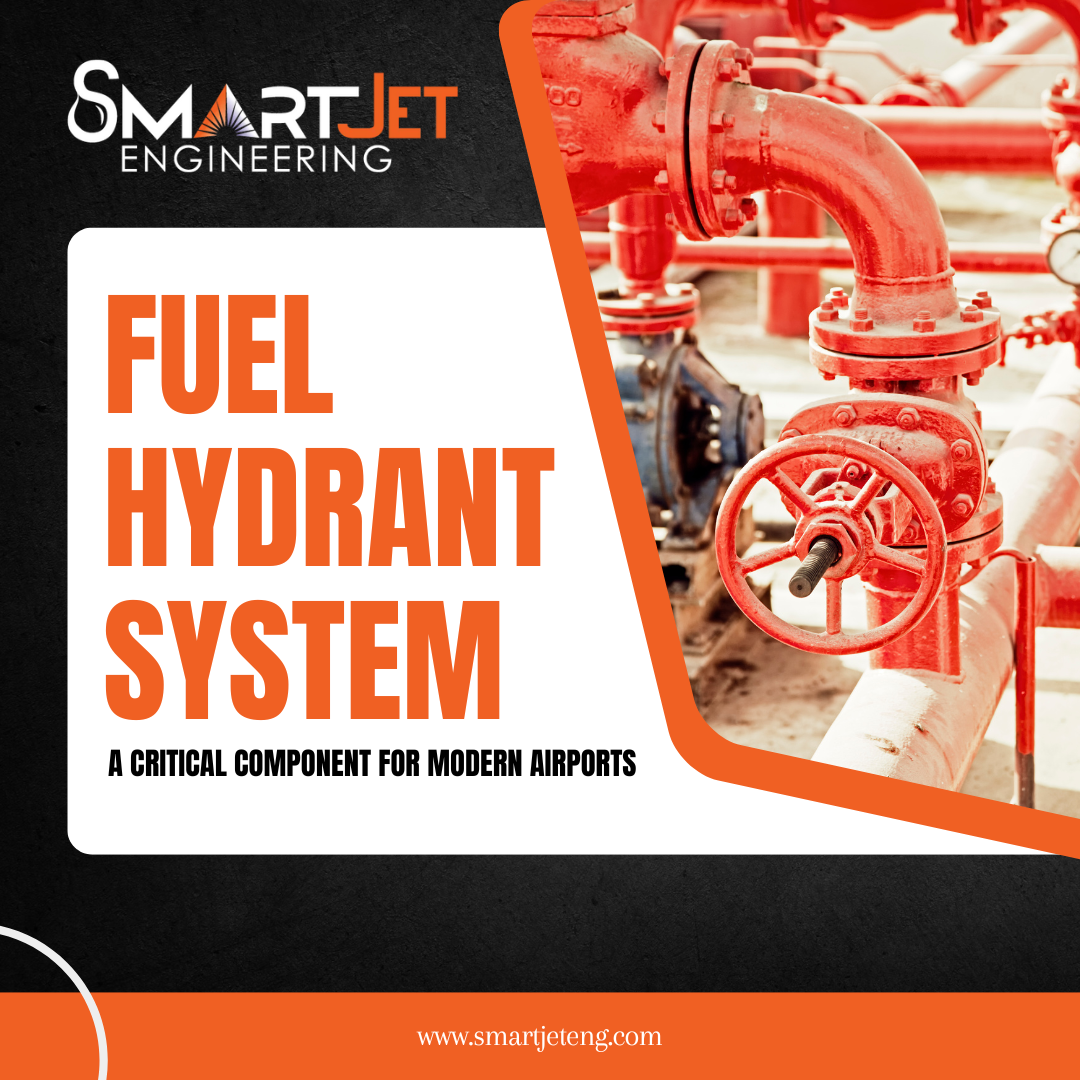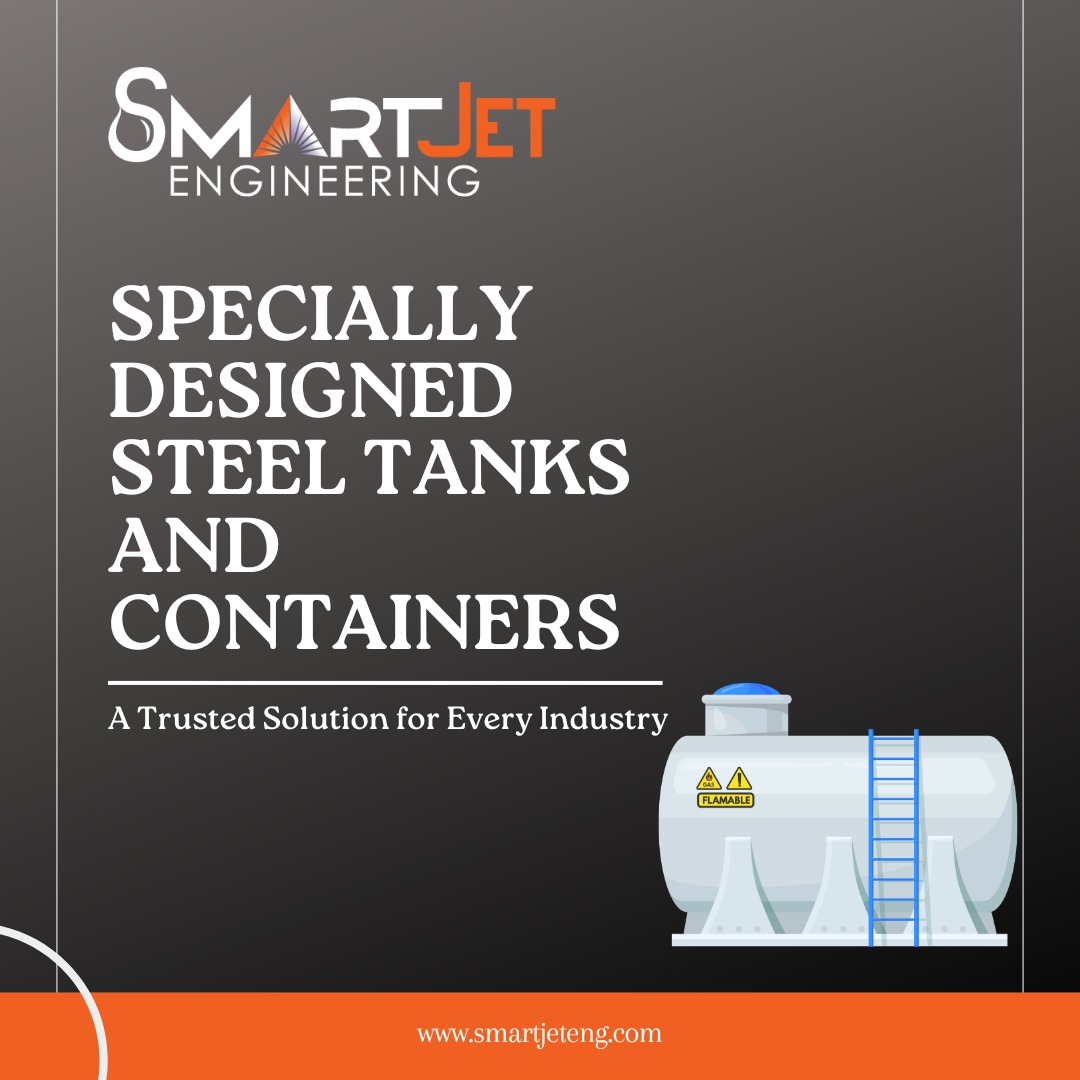Piping and Steel Fabrication
By - Admin
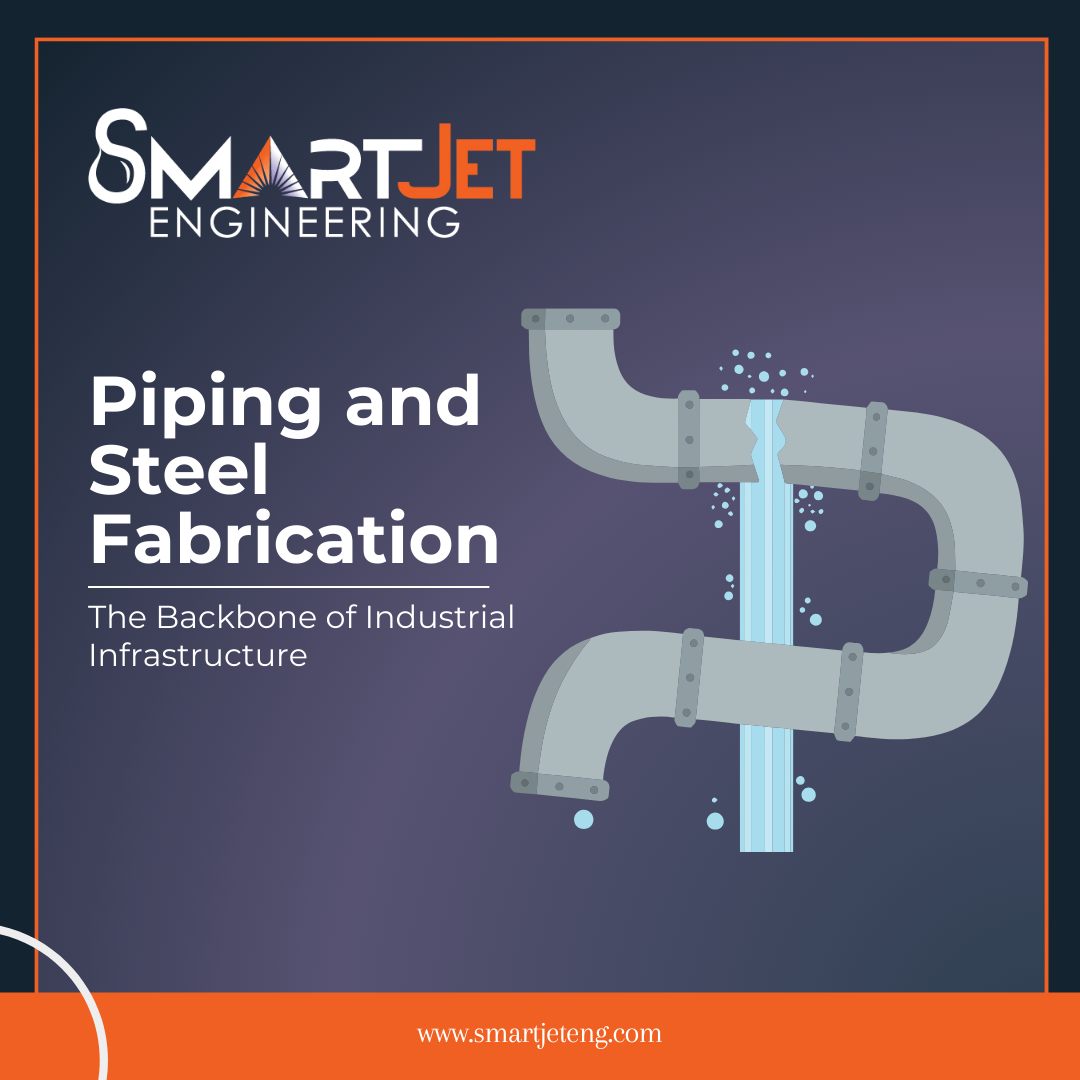
Piping and Steel Fabrication: The Backbone of Industrial Infrastructure
When it comes to building robust industrial systems, piping and steel fabrication are at the heart of everything. These processes ensure that industries like oil and gas, construction, power generation, and manufacturing can operate efficiently. Let’s dive deeper into what makes piping and steel fabrication so essential, how they are done, and the key elements to consider for success in these critical fields.
What Is Piping?
Piping refers to the network of pipes used to transport fluids and gases in industrial systems. These systems are meticulously designed to ensure safety, efficiency, and reliability. Whether it's carrying oil in a refinery, water in a power plant, or steam in a chemical factory, piping is crucial for seamless operations.
- Types of Piping Materials: Piping can be made from a variety of materials including stainless steel, carbon steel, PVC, and copper. The choice depends on factors like temperature, pressure, and the type of substance being transported.
- Design Considerations: Engineers must account for flow rates, pressure drops, and temperature changes when designing piping systems. Small miscalculations can lead to inefficiencies or even system failures.
- Applications: Piping systems are found in refineries, pharmaceutical plants, food processing units, and even residential infrastructure.
Understanding Steel Fabrication
Steel fabrication involves shaping raw steel into usable products for various industries. This process transforms steel into beams, plates, and custom structures that form the backbone of everything from skyscrapers to bridges.
- Process Overview: Steel fabrication typically involves cutting, bending, and welding to create components tailored to a project's needs.
- Key Tools: Fabricators use high-tech equipment like CNC machines, plasma cutters, and robotic welders to ensure precision.
- Industries Served: Fabricated steel is a cornerstone of construction, automotive, aerospace, and many other industries.
The Importance of Quality in Piping and Steel Fabrication
Why does quality matter so much in these fields? The answer is simple: safety and longevity. Poorly designed or fabricated systems can lead to catastrophic failures. Imagine a poorly welded pipe in an oil refinery—such flaws could cause spills, fires, or worse.
- Compliance with Standards: Both piping and steel fabrication need to adhere to strict industry standards like ASME (American Society of Mechanical Engineers) and ISO certifications.
- Material Selection: Choosing the right materials is critical for both safety and cost-effectiveness.
- Skilled Workforce: Expert engineers and fabricators ensure that projects meet high-quality benchmarks.
Modern Trends in Piping and Steel Fabrication
The industry is constantly evolving, and recent advancements are making processes faster, safer, and more efficient.
- Automation and Robotics: Robots are increasingly used for welding and cutting, minimizing errors and speeding up production.
- Sustainability: Green fabrication methods and materials are gaining traction to reduce environmental impact.
- Digital Twin Technology: Virtual simulations of piping systems help identify issues before physical implementation.
- Prefabrication: Creating parts off-site for quick assembly reduces time and costs.
Challenges in Piping and Steel Fabrication
No industry is without its hurdles, and piping and steel fabrication have their share of challenges.
- Corrosion: Prolonged exposure to moisture and chemicals can weaken materials.
- High Costs: Premium materials and skilled labor can drive up project costs.
- Logistics: Transporting large fabricated pieces to job sites requires meticulous planning.
- Safety Risks: Handling heavy machinery and working with high-temperature processes demand strict safety protocols.
How to Choose the Right Service Provider
Selecting a reliable partner for piping and steel fabrication is critical for project success. Here are some tips:
- Experience: Look for companies with a proven track record in your specific industry.
- Certifications: Verify compliance with relevant standards and certifications.
- Technology: Modern equipment and tools often indicate a company’s capability to handle complex projects.
- Customer Support: Responsive communication is a sign of a professional service provider.
Conclusion
Piping and steel fabrication are indispensable to building the infrastructure of tomorrow. From material selection to advanced fabrication techniques, every step must be executed with precision to ensure safety and performance. If you’re looking for a trusted partner in these fields, Smart Jet Engineering stands ready to deliver excellence.






